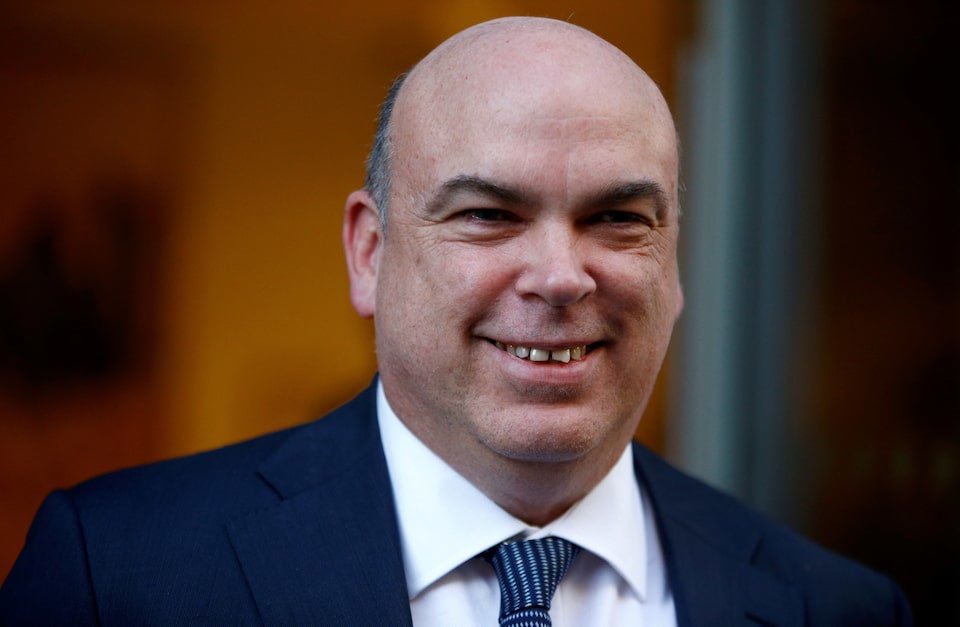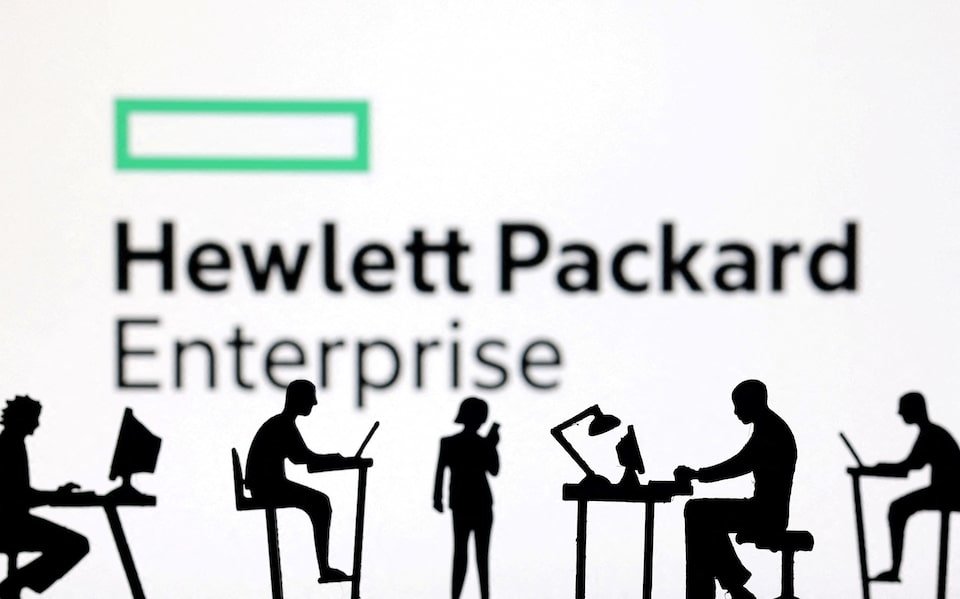Hewlett Packard Enterprise Seeks 1.8 Billion Dollars from Mike Lynch’s Estate in Autonomy Dispute
US tech firm moves to recover losses after UK Court found Lynch liable in high-profile 2011 acquisition, despite his passing
Hewlett Packard Enterprise (HPE) is pursuing approximately 1.79 billion dollars in damages, including interest, from the estate of the late British entrepreneur Mike Lynch over his former company, Autonomy.
The claim relates to HPE’s 2011 acquisition of Autonomy for 11.1 billion dollars and a subsequent writedown of 8.8 billion dollars after HPE alleged that Autonomy’s value had been artificially inflated.
Court documents filed in London show that HPE is seeking the full amount including prior settlements, and separate filings suggest the company regards Lynch’s estate as potentially insolvent.
In response, representatives of the Lynch estate are seeking permission to appeal a 2022 ruling that found Lynch liable, and argue that the 761 million-dollar interest component of HPE’s claim is “an excessive sum.” A family-spokesperson described HPE’s position as “fundamentally flawed and a wild overstatement.”
The underlying legal saga began with HPE’s takeover of Autonomy, which had been built on Lynch’s work at Cambridge University and was hailed as a transformational milestone for the group.
The deal subsequently soured, prompting HPE to launch a civil claim in 2015 seeking up to 5 billion dollars from Lynch and former Autonomy finance chief Sushovan Hussain.
The UK High Court ruled in favour of HPE in 2022 but noted the amount awarded would be substantially less than the full claim.
In June 2025 the court quantified HPE’s losses at 646 million pounds and 51.7 million pounds in deception-related claims.
Lynch died in August 2024, aged 59, when his super-yacht sank off the coast of Sicily.
His daughter also perished in the incident.
The final amount payable and HPE’s ability to collect from the estate will now be addressed in upcoming hearings.
The current action underscores the UK judiciary’s willingness to hold individuals and estates accountable in high-value cross-border technology-transaction disputes.
As HPE presses ahead, the Lynch estate must weigh whether to proceed with appeal, and both parties now prepare for negotiations or further litigation over enforceability and payment.
The case may also trigger broader scrutiny of how major acquisitions are judged for attributable loss and liability in the UK courts.
The claim relates to HPE’s 2011 acquisition of Autonomy for 11.1 billion dollars and a subsequent writedown of 8.8 billion dollars after HPE alleged that Autonomy’s value had been artificially inflated.
Court documents filed in London show that HPE is seeking the full amount including prior settlements, and separate filings suggest the company regards Lynch’s estate as potentially insolvent.
In response, representatives of the Lynch estate are seeking permission to appeal a 2022 ruling that found Lynch liable, and argue that the 761 million-dollar interest component of HPE’s claim is “an excessive sum.” A family-spokesperson described HPE’s position as “fundamentally flawed and a wild overstatement.”
The underlying legal saga began with HPE’s takeover of Autonomy, which had been built on Lynch’s work at Cambridge University and was hailed as a transformational milestone for the group.
The deal subsequently soured, prompting HPE to launch a civil claim in 2015 seeking up to 5 billion dollars from Lynch and former Autonomy finance chief Sushovan Hussain.
The UK High Court ruled in favour of HPE in 2022 but noted the amount awarded would be substantially less than the full claim.
In June 2025 the court quantified HPE’s losses at 646 million pounds and 51.7 million pounds in deception-related claims.
Lynch died in August 2024, aged 59, when his super-yacht sank off the coast of Sicily.
His daughter also perished in the incident.
The final amount payable and HPE’s ability to collect from the estate will now be addressed in upcoming hearings.
The current action underscores the UK judiciary’s willingness to hold individuals and estates accountable in high-value cross-border technology-transaction disputes.
As HPE presses ahead, the Lynch estate must weigh whether to proceed with appeal, and both parties now prepare for negotiations or further litigation over enforceability and payment.
The case may also trigger broader scrutiny of how major acquisitions are judged for attributable loss and liability in the UK courts.











